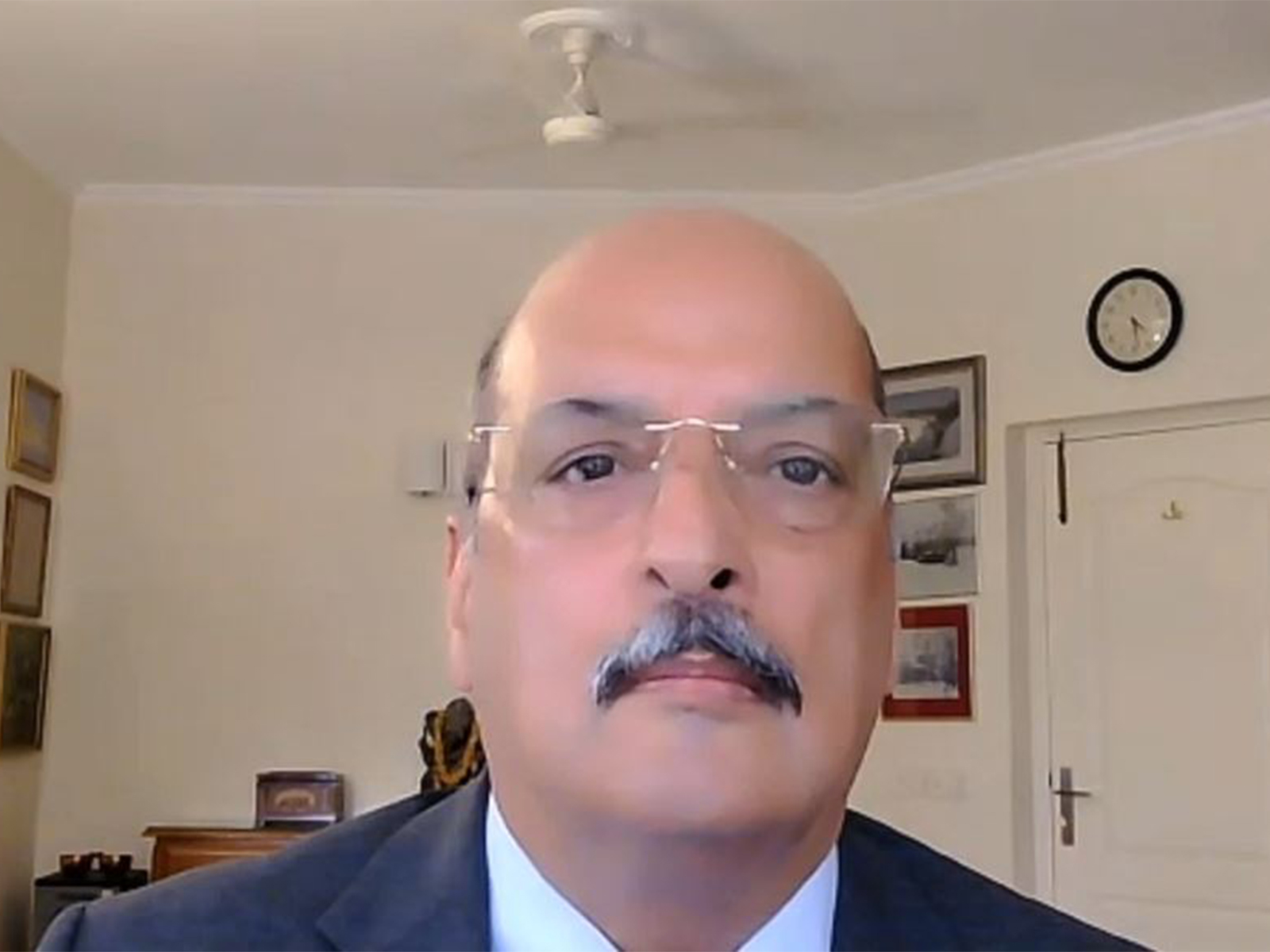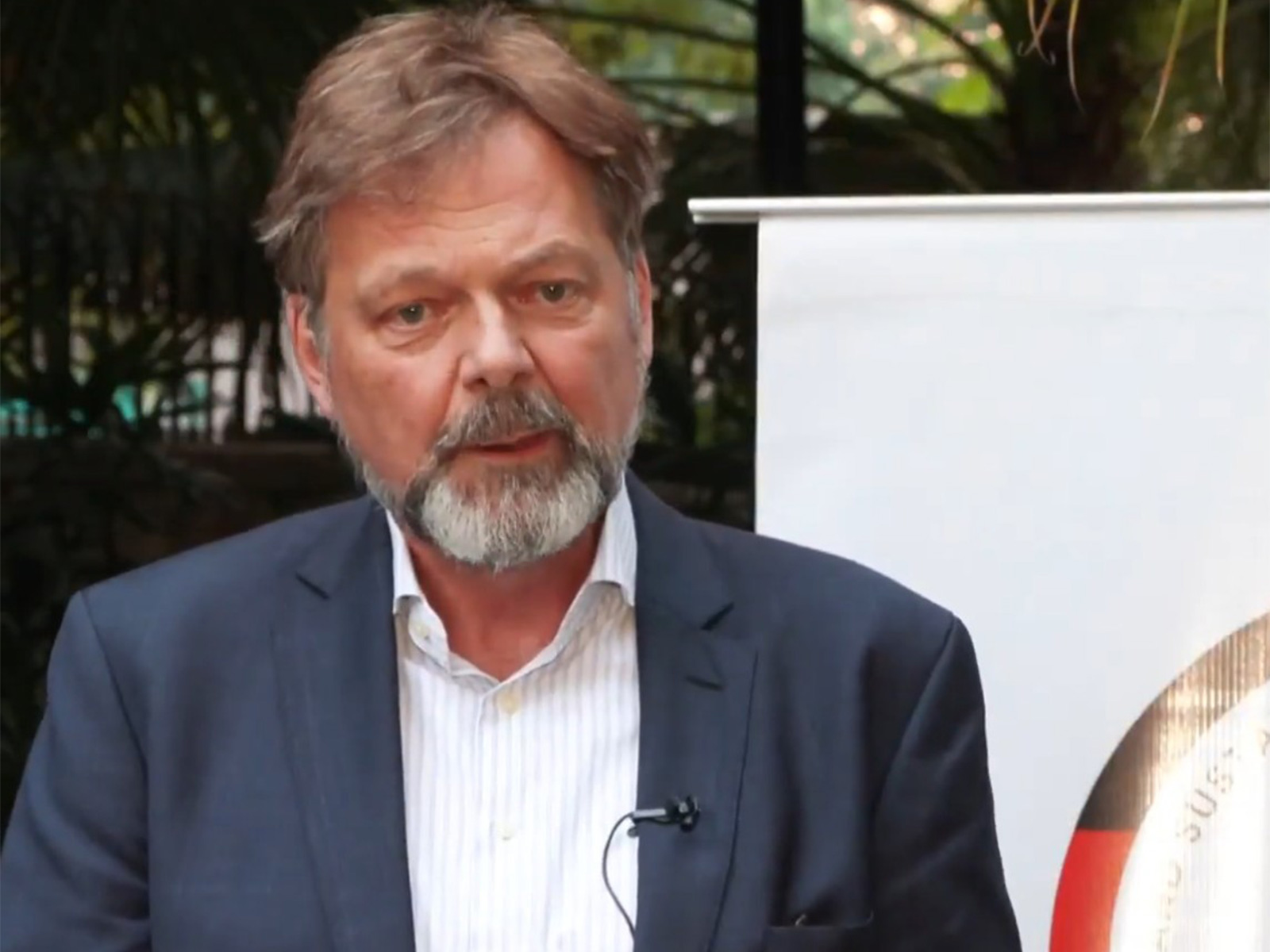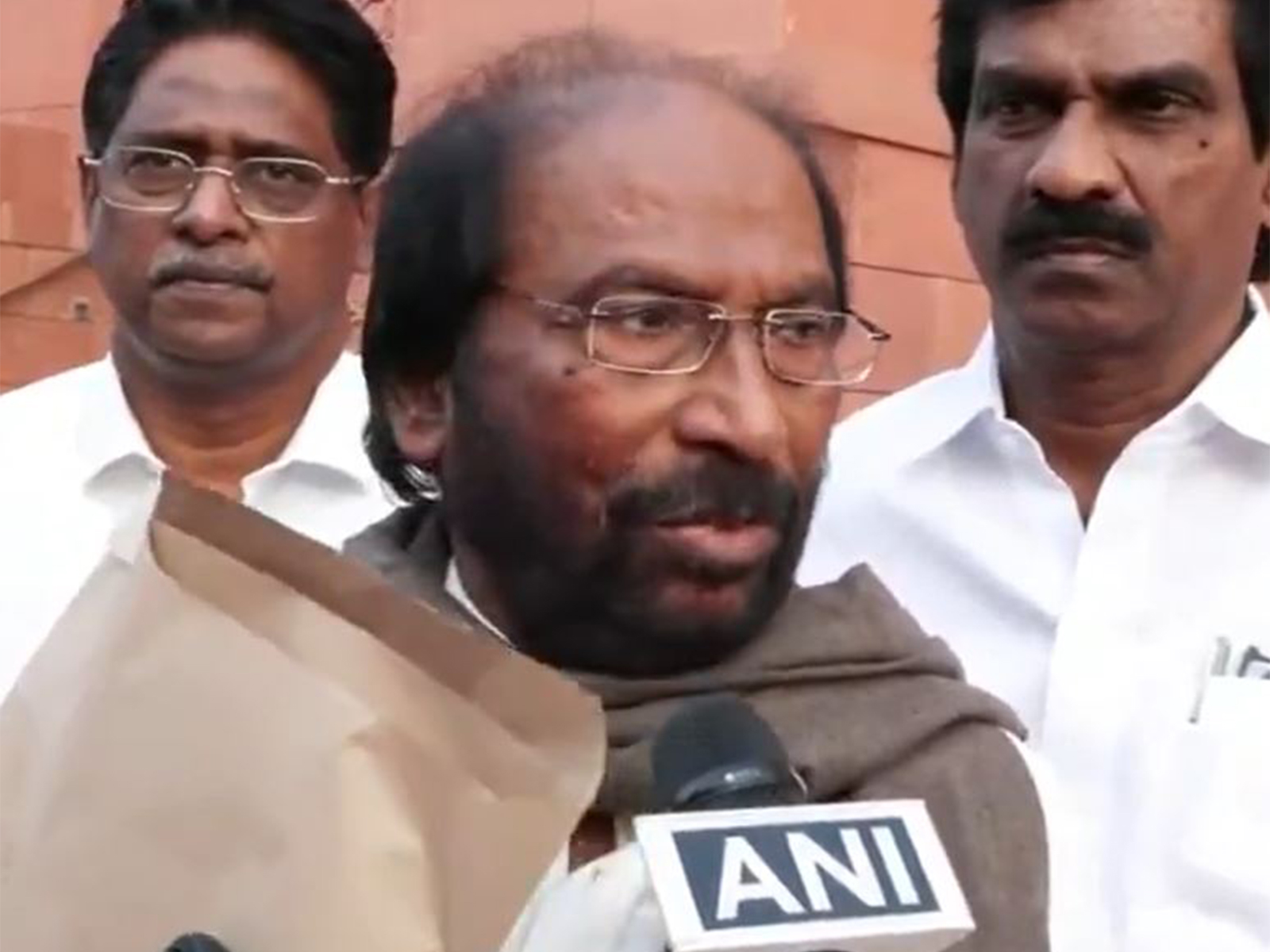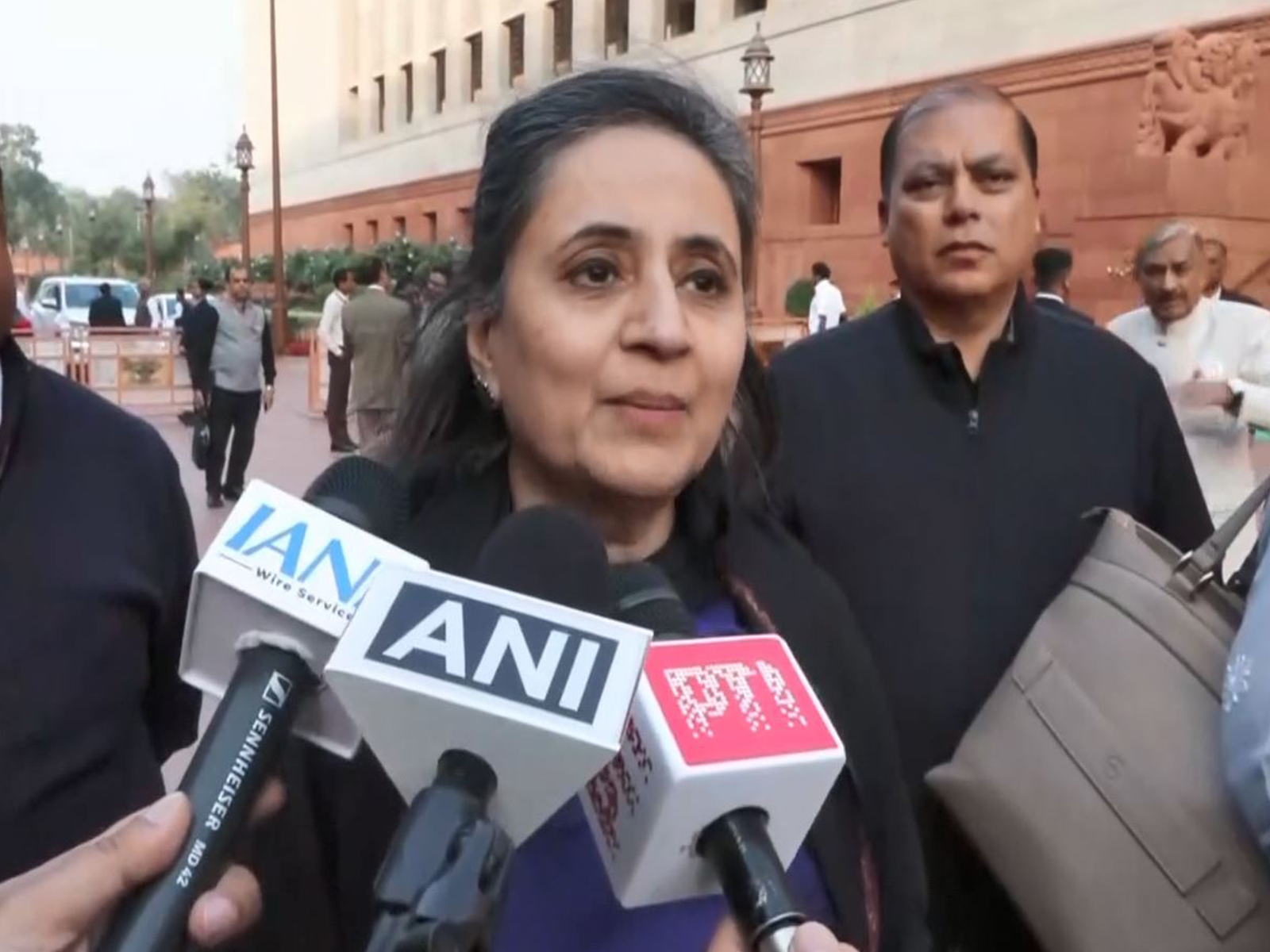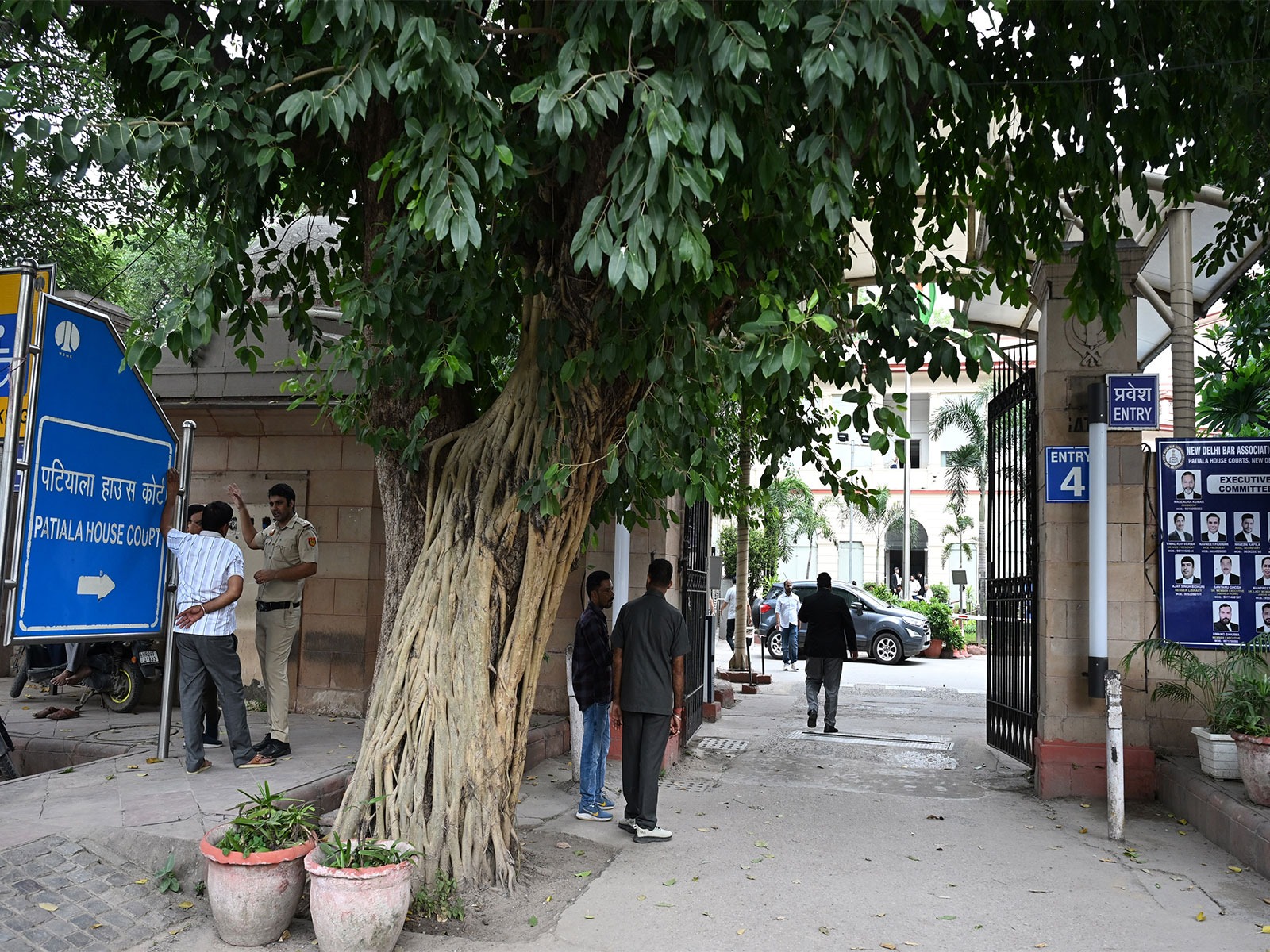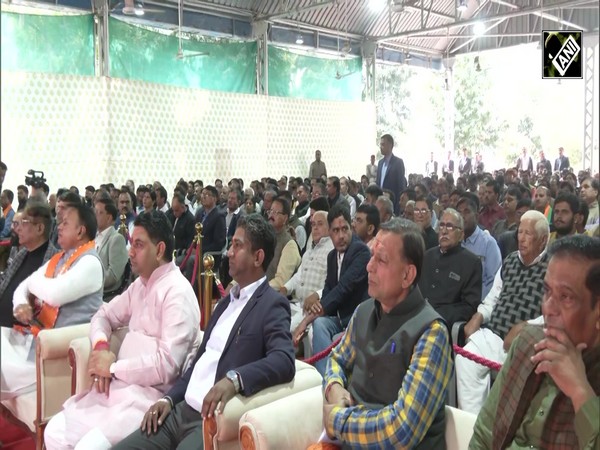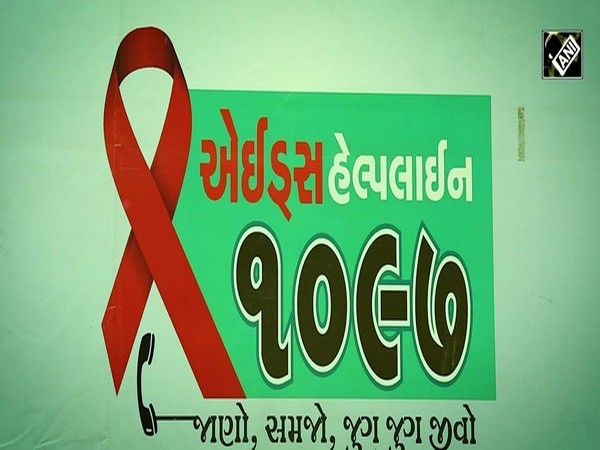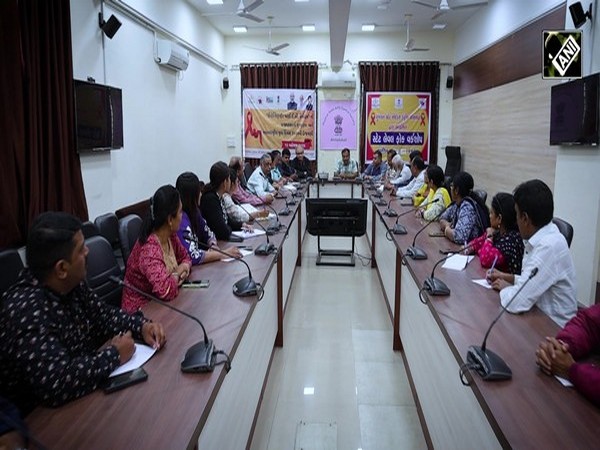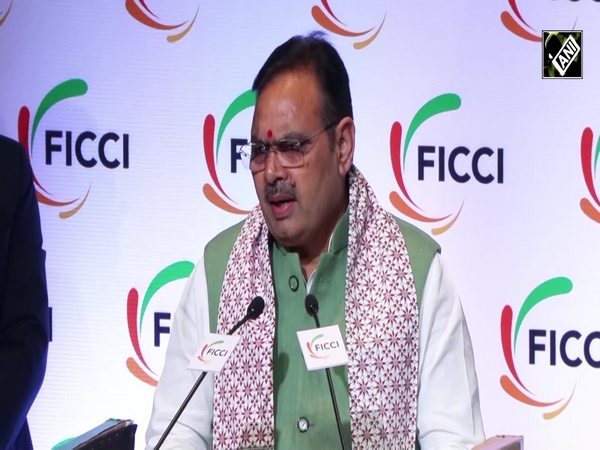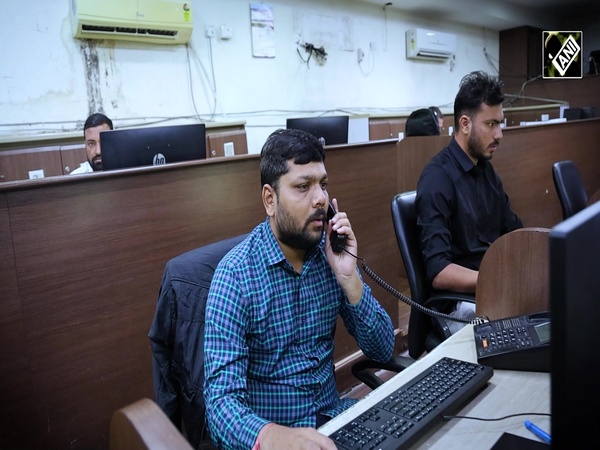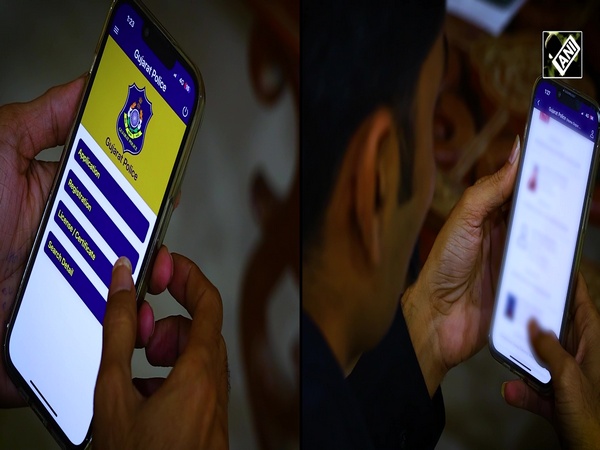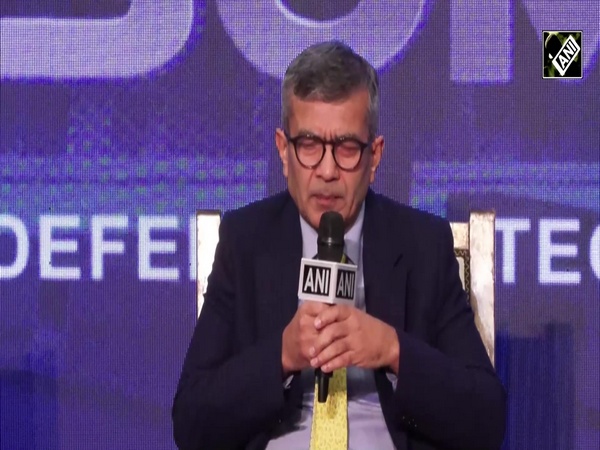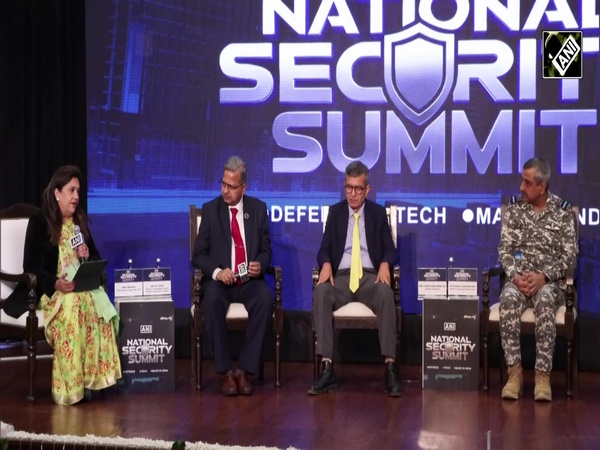Pakistan government on backfoot after strong protests over proposed digital regulation
Jun 11, 2021

Islamabad [Pakistan], June 11 : Prime Minister Imran Khan's Pakistan Tehreek-e-Insaf (PTI) party has found itself on the back foot on the proposed digital regulation draft after a strong protest by the media and journalist community calling for a struggle to preserve free speech.
While the Imran Khan government is mulling curbs on content on social media platforms, mainstream journalists are adamant not to allow such restrictions as they believe electronic media is already subjected to over-regulation, reported The News International.
Jan Achakzai, a geopolitical analyst, writing in The News questioned Imran Khan's proposed digital regulation draft. Is the government right in imposing curbs and how far we need to go in preserving constitutional safeguards like freedom of speech? Are we aware of the new challenges that come with the advent of evolving cyberspace?
Pakistan has to transit from analog sovereignty to digital sovereignty which encompasses control and direction of anarchic content, software development, and companies' power.
The problem Pakistan is facing is that it has yet to evolve a strategic coherence about the challenges of digital threats, reported The News International.
Our elite from media to judiciary and policymaking need to recognize compelling cases to assert digital sovereignty by imposing regulations on free-for-all content that it has to regulate the borders of cyberspace and develop the capability to counter virtual threats to its digital systems and society at large, advised the geopolitical analyst Achakzai.
Rather than clinging to archaic laws and principles meant for addressing the challenges of the bygone era, Pakistan needs to balance the state's case for regulated digital platforms and content, and the free speech imperative which is not absolute in its very nature and is already subject to limits even in the western societies, added Achakzai.
He elaborated that the recent debate of free speech and the anarchic content on social media platforms need to be understood, and broadly debated, to draw a line as to where a state can regulate, and how far should it go vis-a-vis the recognition of the limits of free speech on order to meet the challenges of the new de facto realities of the virtual world.
The debate over digital sovereignty vs freedom of speech is more relevant in the broader context of new realities: the exponential growth of net usage, its effects on the consumers, particularly the youth, the power of international media platforms, and the abuse of cyberspace by hackers, terrorists, and dark propagandists in the post-Covid-19 world, wrote Achakzai.
Concerning net usage, Covid-19 has multiplied reliance on the internet as a means of education, communication, diplomacy, trade, and services from take-aways to household shopping. Due to staying home to avoid contraction of Covid-19, physical-societal space has dramatically shrunk, diffusing virtual interactions and communication.
Meanwhile, digitalization of Pakistani society is by and large measured from these numbers: As of April 2021, the percentage of internet users in Pakistan is almost 50 per cent which means approximately 100 million citizens, while 70 per cent of consumers are youth -- a good as well as bad news, reported The News International.
The good news is the youth has mounting aspirations, exposure and new avenues to explore opportunities in their lives through the net. The bad news is they are also exposed to dark propaganda, twisted narratives, influences, and ominous content targeting their innocent minds to sign up to particular agendas, wrote Achakzai.
Since cyberspace is a new realm, the state has no digital sovereignty as a result it has grave implications unfolding in various ways: Besides, sexting among kids, a two-year old kid can watch cartoons equally tagged for other messages. Then there are manuals of bomb-making and all sorts of terrorist activities which can be performed as a lone wolf warrior.
Whereas various chat rooms can encourage them to imbibe the dark propaganda and hence respond. For example, the rise of ISIS in Syria and Iraq getting traction and recruitment in the western world was due to the net-based propaganda, its influence, and information operations.
